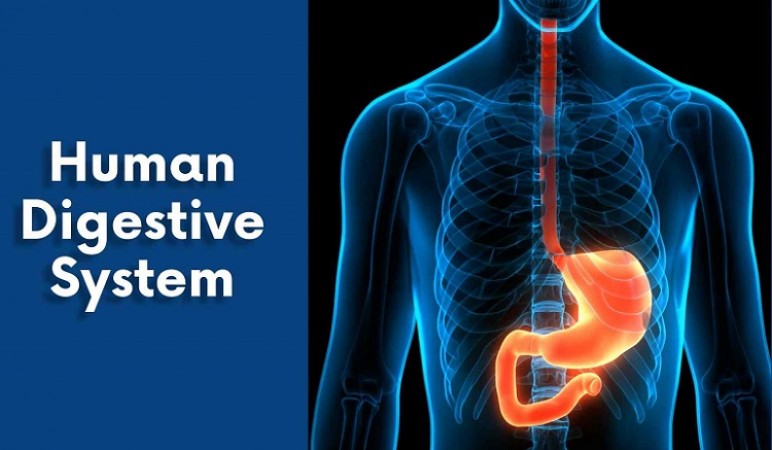
Digestive health plays a crucial role in our overall well-being. A healthy digestive system ensures the proper breakdown and absorption of nutrients while eliminating waste effectively. However, poor dietary habits, stress, and certain medical conditions can disrupt the delicate balance of our digestive system. In this article, we will explore essential tips and practices to maintain optimal digestive health.
A balanced diet is fundamental for good digestive health. It should include a variety of whole foods such as fruits, vegetables, whole grains, lean proteins, and healthy fats. Avoid excessive intake of processed foods, sugary snacks, and refined carbohydrates, as they can disrupt digestion and contribute to issues like constipation, bloating, and indigestion.
Dietary fiber plays a significant role in maintaining digestive health. It adds bulk to the stool, preventing constipation, and supports regular bowel movements. Include fiber-rich foods like fruits, vegetables, legumes, and whole grains in your diet. Aim for a daily intake of 25-30 grams of fiber for optimal digestive function.
Adequate hydration is essential for proper digestion. Water helps soften the stool, allowing it to pass through the digestive tract smoothly. Aim to drink at least eight glasses (64 ounces) of water per day. Herbal teas, fresh juices, and hydrating foods like cucumbers and watermelons can also contribute to your daily fluid intake.
Practicing mindful eating habits can improve digestion. Chew your food thoroughly, allowing enzymes in saliva to start the digestion process. Eating slowly and savoring each bite can also prevent overeating and reduce the risk of indigestion and bloating.
Engaging in regular physical activity promotes healthy digestion. Exercise helps stimulate the muscles of the gastrointestinal tract, aiding in efficient movement of food through the system. Aim for at least 30 minutes of moderate-intensity exercise, such as brisk walking, cycling, or swimming, most days of the week.
Chronic stress can negatively impact digestive health. High-stress levels can lead to issues like acid reflux, stomach ulcers, and irritable bowel syndrome (IBS). Incorporate stress management techniques into your routine, such as meditation, deep breathing exercises, yoga, or engaging in hobbies that help you relax.
Excessive consumption of alcohol and caffeine can irritate the digestive tract and disrupt the natural balance of gut bacteria. Limit your intake of alcoholic beverages and caffeinated drinks like coffee and tea. Instead, opt for herbal teas or decaffeinated alternatives.
Probiotics are beneficial bacteria that promote a healthy gut environment. They can be found in fermented foods like yogurt, kefir, sauerkraut, and kimchi. Prebiotics, on the other hand, are fibers that nourish these beneficial bacteria. Include prebiotic-rich foods such as garlic, onions, bananas, and whole grains in your diet.
Smoking is detrimental to digestive health as it increases the risk of developing conditions like acid reflux, peptic ulcers, and stomach cancer. If you smoke, seek professional help to quit smoking and improve your overall health.
Schedule regular check-ups with your healthcare provider to monitor your digestive health. Discuss any persistent digestive symptoms or concerns you may have. Early detection and intervention can help prevent the progression of digestive disorders.